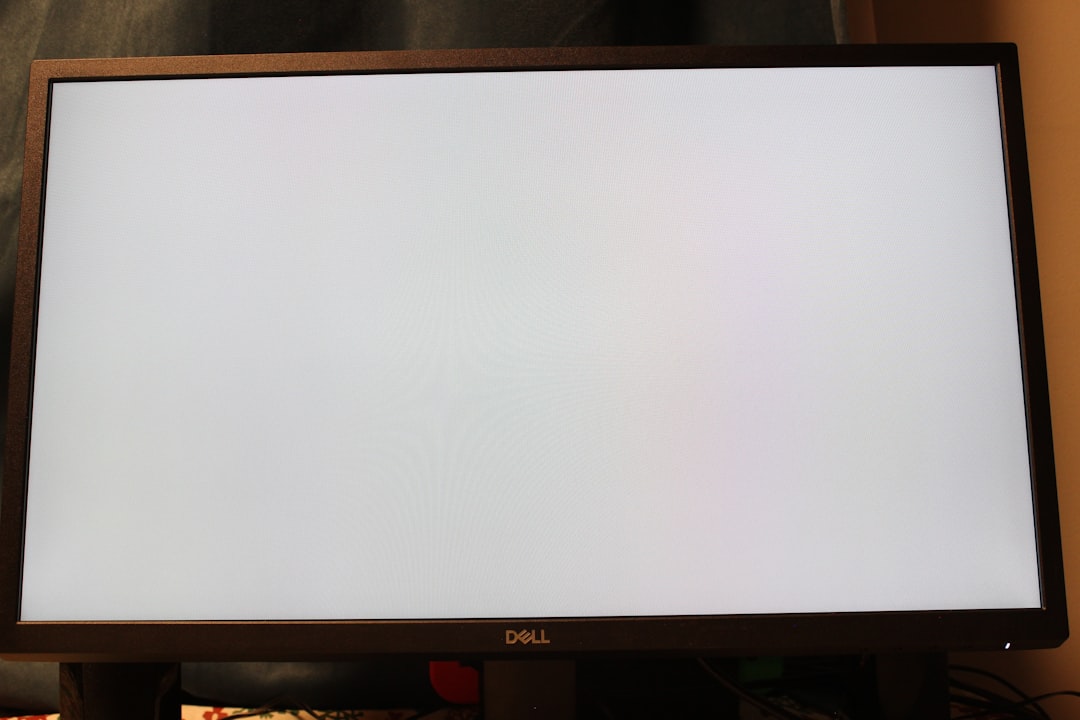Encountering Windows error 0x800f081f can be incredibly frustrating, especially when you’re trying to install system updates or .NET Framework packages. This error is commonly linked to corrupted files or missing system components, and it typically appears when using Windows Update or the DISM (Deployment Image Servicing and Management) tool. Fortunately, there are reliable ways to resolve this issue quickly and easily without compromising your system’s integrity.
What Causes Error 0x800f081f?
Error 0x800f081f is most frequently seen when Windows is unable to find the files required for installing updates or optional features. These files might be missing, inaccessible, or damaged. Common scenarios that lead to this error include:
- Corrupted Windows image files
- Issues in Windows Update services
- Improperly configured Group Policy settings
- Using outdated or incompatible installation media

Fixing the Problem – Step-by-Step
Below are several methods you can try to resolve this issue. You may need to use one or more depending on the root cause in your specific case.
1. Use the Windows Features Installation Media
If you’re trying to install .NET Framework 3.5 and encounter this error, using the original installation media can help bypass the problem:
- Insert your Windows installation media (DVD or USB).
- Open Command Prompt as Administrator.
- Type the following command and press Enter:
- Make sure to replace D: with the actual drive letter of your installation media.
Dism /online /enable-feature /featurename:NetFx3 /All /Source:D:\sources\sxs /LimitAccess
2. Run DISM and SFC Tools
Corrupted system files are often responsible for this error. Running DISM and SFC (System File Checker) can repair them:
- Open Command Prompt as Administrator.
- Type the following command and press Enter:
- After DISM completes, run:
- Wait for both checks to finish, and then reboot your system.
DISM /Online /Cleanup-Image /RestoreHealth
sfc /scannow
3. Check Windows Update Settings
Sometimes the error is due to existing issues with the update components. Resetting Windows Update can resolve the problem:
- Open Command Prompt as Administrator.
- Execute the following commands sequentially, pressing Enter after each:
- Once completed, try installing the update or feature again.
net stop wuauserv net stop cryptSvc net stop bits net stop msiserver ren C:\Windows\SoftwareDistribution SoftwareDistribution.old ren C:\Windows\System32\catroot2 Catroot2.old net start wuauserv net start cryptSvc net start bits net start msiserver

4. Enable .NET Framework from Control Panel
Sometimes enabling the .NET Framework manually can avoid dependency issues that trigger the error:
- Press Windows + R, type appwiz.cpl, and hit Enter.
- Click Turn Windows features on or off.
- Check the box next to .NET Framework 3.5 (includes .NET 2.0 and 3.0).
- Click OK and allow Windows to download the required files.
What If None of These Work?
If after trying all the above methods the error persists, consider these additional options:
- Perform a Windows Repair Install – This reinstalls Windows while preserving your files and applications.
- Check for Malware – Use a trusted antivirus or Windows Defender to perform a full system scan.
- Contact Microsoft Support – For persistent issues, a certified technician can assist further.
Final Thoughts
While Windows error 0x800f081f might seem serious at first, it’s generally solvable with the right tools and knowledge. Whether you’re attempting to install the .NET Framework or facing update issues, the above steps will help restore stability to your Windows environment. Always ensure your system is backed up before attempting significant changes, and stay current with official updates and patches to reduce future risks.
By staying proactive and informed, you can prevent frustrating errors like this from slowing down your work or compromising system performance.
